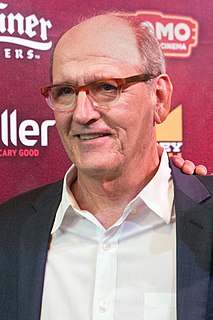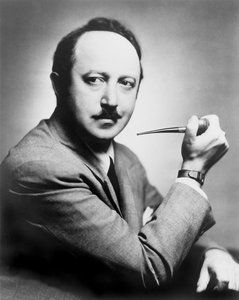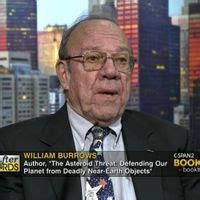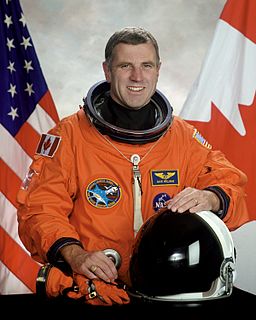A Quote by Nathaniel Philbrick
Instead of being a page-turner, 'Moby-Dick' is a repository of American history and culture and the essentials of Western literature. The book is so encyclopedic that space aliens could use it to re-create the whale fishery as it once existed on the planet Earth in the midst of the 19th century.
Related Quotes
This is an extremely ambitious book. In addition to science and mathematics, Byers brings to bear insights from literature, philosophy, religion, history, anthropology, medicine, and psychology. The Blind Spot breaks new ground, and represents a major step forward in the philosophy of science. The book is also a page-turner, which is rare for this topic.
On my second space walk, I was riding the Canadarm, heading down toward the payload bay of the space shuttle, and I could see the space shuttle highlighted against the Earth in the background, and there was this black, infinite, hostile void of space. I remember looking down at the Earth and thinking, "Beneath me is a 4½-billion-year-old planet, upon which the entire history of the human species has taken place." That was an incredibly humbling moment, and I had a bit of an epiphany.
































